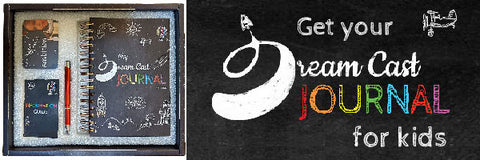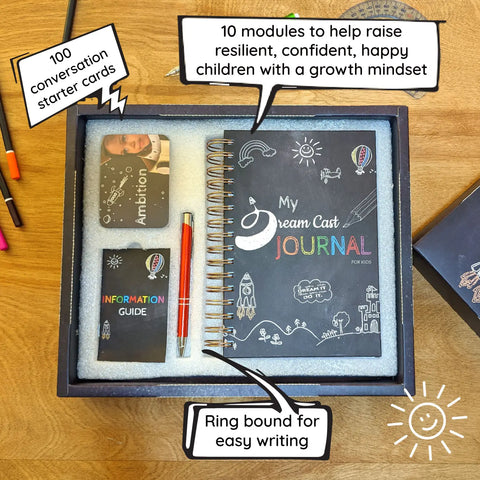Empathy story of two siblings
Imagine two siblings: a toddler and his older brother.
The toddler is crying. He fell down and hurt his knee. He’s bleeding and seems really distressed.
The older brother — let’s call him Sam — is watching. Does he show empathy? Does he try to help?
It depends on the circumstances.
Suppose the toddler was knocked off his feet by an overly-enthusiastic dog.
In this case, Sam will very likely feel empathy, and show it. He’ll behave sympathetically toward his younger sibling.
But what if Sam was responsible for the toddler’s fall?
It might have been an accident. Or maybe the older brother was angry, and momentarily lost his temper. Either way, he played a role in his young brother’s injury.
Now things are more complicated. Sam’s reactions include feelings about himself, about what he’s done. And these self-conscious feelings can get in the way of an empathic response.
In particular, Sam is less likely to show empathy if he feels like he’s the “bad guy” — or if he feels like other people regard him as the “bad guy.”
If we accept the shame, we tend to feel helpless. We withdraw or sulk. If we reject the shame directed at us, we tend to feel resentful and angry. We double down. Maybe even lash out.
Shame doesn’t make us into better people
Decades of research bares this out. Shame doesn’t make us into better people. It doesn’t make us reach out to victims. It makes respond in ways that seem uncaring, or even aggressive
By contrast, Sam is more likely to show empathy — and try to make amends — if he understands his accountability for his own actions..
This is different to shame. When we understand that we control our own actions, we reflect on our bad choices, and — most especially — we focus on the harm our mistakes have caused to others.
As a result, we don’t feel helpless. We don’t feel resentful and angry. We feel sad for the suffering of others, and we want to make things better.
So if we want our kids to respond to these situations with empathy, we need to avoid feelings of shame. If Sam seems unrepentant or unfeeling, we shouldn’t denounce him as bad. We shouldn’t confront him in a way that makes him feel threatened or humiliated.
Instead, we should call his attention to the consequences of his behavior, talk with him about how his brother is feeling, and help him find ways to make amends.
Read more: What is empathy for kids, how can you teach kids empathy?
-----------------------
-----------------------
Dream Cast Kids Journal helps teach empathy.
We have included writing prompt to help reinforce the concepts such as empathy and kindness, gratitude and more in both the Dream Cast Journal and Dream Cast Conversation Starter Cards tying the learning experience together perfectly.











